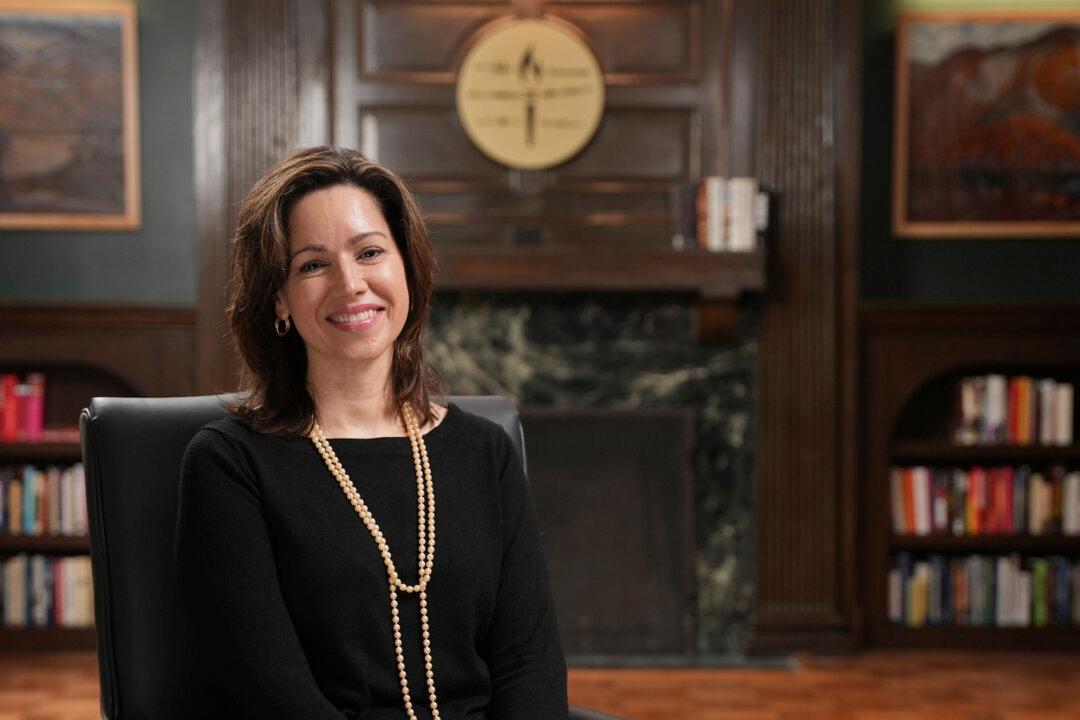“Communism is premised on the state,” Elizabeth Spalding says. “And the state is above all. There’s no transcendent truth. ... Everything must serve or be made to serve the state. ... All life is cheap in comparison to the [Communist] Party.”
In a recent episode of “American Thought Leaders,” host Jan Jekielek spoke with Spalding, the founding director of the new Victims of Communism Museum in Washington. It’s the first museum in America honoring the tens of millions of people killed by communism in the past century, as well as the many millions more who suffered and continue to suffer under communist dictatorships.






